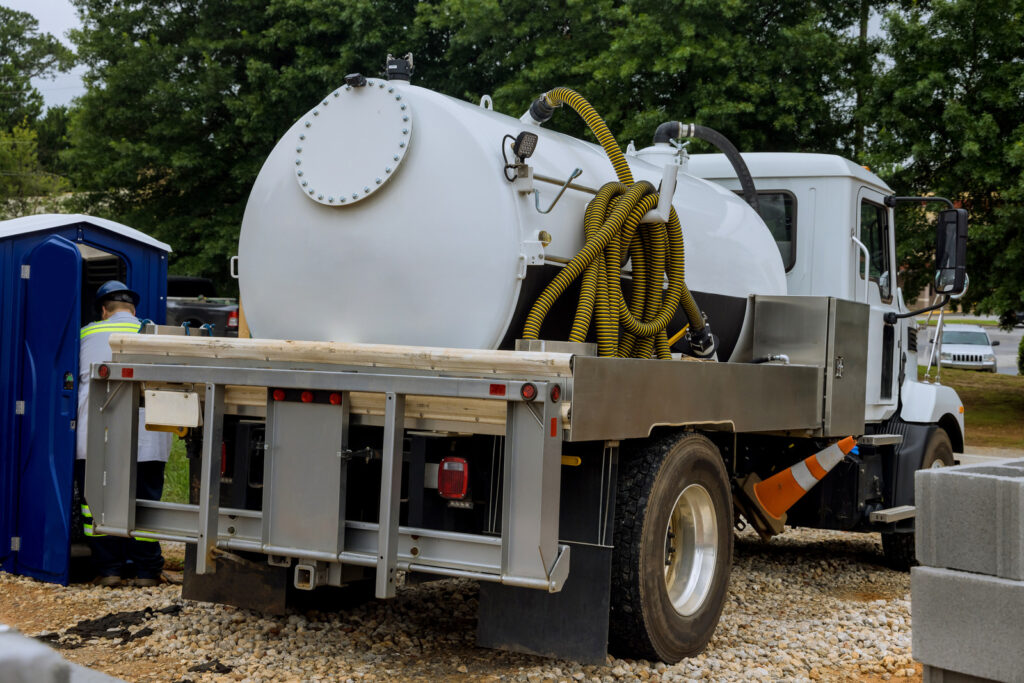Waste Water

Waste Water
In the event of wastewater system failures, backups, or spills, emergency response becomes a crucial part of wastewater servicing. Quick response to contain and mitigate the issue, followed by proper cleanup and remediation, helps minimize environmental impact and protect public health.
System Inspection
Wastewater servicing begins with a thorough inspection of the entire wastewater system. This includes examining pipes, tanks, pumps, and other components to identify any signs of damage, blockages, or malfunctioning parts.
Pumping and Cleaning
Wastewater systems often require regular pumping and cleaning to remove accumulated solids and debris. This involves using specialized equipment, such as vacuum trucks or jetting machines, to extract wastewater, sludge, and sediment from tanks, lift stations, or septic systems.
Maintenance and Repair
If any issues or damages are detected during the inspection, maintenance and repair tasks are carried out. This can include repairing or replacing damaged pipes, fixing malfunctioning pumps, valves, or floats, and addressing any leaks or blockages in the wastewater system.
Sewer Line Cleaning
When sewer lines become clogged or blocked, wastewater servicing may involve sewer line clearing. This can be done using various methods such as high-pressure water jetting or mechanical snaking to remove obstructions and restore the flow of wastewater.
Odor Control
Wastewater often produces unpleasant odors, which can be a nuisance and a potential health concern. Servicing wastewater systems includes implementing odor control measures, such as installing odor control systems, using chemical treatments, or addressing ventilation issues to mitigate and eliminate odors.
Sampling and Testing
Periodic sampling and testing of wastewater are essential to ensure compliance with regulatory standards and monitor the effectiveness of treatment processes. Wastewater servicing may involve collecting samples, performing laboratory tests, and analyzing the results to assess the quality of the wastewater and make any necessary adjustments to the treatment process.
Treatment System Maintenance
Servicing includes regular maintenance of treatment equipment and processes. This may involve inspecting and cleaning screens, filters, aeration systems, disinfection units, or clarifiers, as well as maintaining proper chemical dosing and sludge management.
Regulatory Compliance
Wastewater servicing also involves ensuring compliance with local, state, and federal regulations related to wastewater management and treatment. This includes keeping up-to-date records, submitting reports, and adhering to permit requirements.